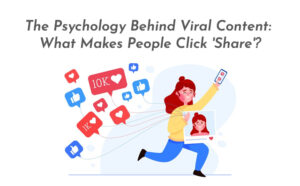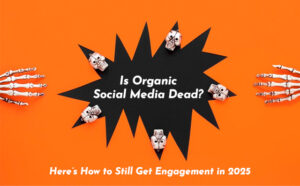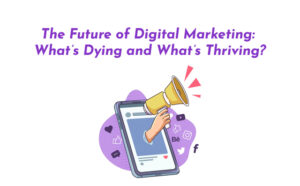Introduction
Consumer psychology wields a profound influence over the choices individuals make when interacting with brands and products. As marketers and advertisers, understanding and harnessing the principles of consumer psychology can be the key to creating compelling campaigns and driving conversions. In this article, we will explore the most effective ways to leverage consumer psychology in your marketing and advertising efforts.
Understanding Consumer Behavior
Consumer Behavior Analysis Consumer behavior analysis is the cornerstone of effective marketing. It involves dissecting the various factors that influence how consumers make decisions. To tap into consumer psychology, we must first comprehend the driving forces behind these decisions.
Factors Influencing Consumer Decision-Making Consumer decisions are rarely straightforward. They are often shaped by a complex interplay of emotional triggers, cognitive biases, and social influences.
Leveraging Emotional Triggers
Creating Emotional Connections with Consumers One of the most potent ways to utilize consumer psychology is by forging emotional connections with your audience. Stories and narratives are powerful tools for evoking emotions and establishing lasting bonds.
Emotional Branding Emotional branding is a strategy that focuses on associating a brand with particular emotions or values. We’ll delve into how this approach can solidify brand loyalty and resonance with consumers.
You like to read: What Are The Biggest Challenges Small Businesses Facing In Current Times?
Navigating Cognitive Biases
Cognitive Biases in Consumer Decision-Making Cognitive biases are systematic patterns of deviation from norm or rationality in judgment, often leading to perceptual distortion, inaccurate judgment, illogical interpretation, or what is broadly called irrationality.
Strategies to Use Cognitive Biases Ethically While cognitive biases can be powerful tools, their ethical use is paramount. We’ll explore strategies for employing them ethically, including persuasive messaging and pricing tactics.
You like to read: Connecting Social Media And SEO: A Digital Marketing Game-Changer!
Harnessing Social Influences
The Impact of Social Proof and Peer Influence Humans are inherently social creatures, and our decisions are often influenced by the actions and opinions of others. We’ll examine the concept of social proof and the role of peer influence.
Implementing Social Influence in Marketing To harness social influence effectively, businesses turn to user-generated content and influencer marketing. We’ll explore how these tactics can enhance your marketing efforts.
Ethical Considerations in Leveraging Social Influences As with any psychological technique, ethical considerations come into play. We’ll discuss the importance of ethical practices when using social influences in marketing and advertising.
Ethical and Responsible Consumer Psychology
The Importance of Ethical Marketing Practices In the digital age, consumers are more attuned to ethical considerations than ever before. Building trust through ethical marketing practices is not only responsible but also essential for long-term success.
Balancing Psychological Techniques with Consumer Welfare The crux of effective consumer psychology in marketing and advertising lies in striking a balance between employing psychological techniques for engagement and ensuring consumer welfare. We’ll delve into the ethical tightrope that marketers must navigate.
In the world of marketing and advertising, consumer psychology is both a science and an art. By understanding the intricacies of consumer behavior, leveraging emotional triggers, navigating cognitive biases, harnessing social influences, and adhering to ethical principles, businesses can create campaigns that resonate, convert, and leave a positive impact on both brand and consumer.










